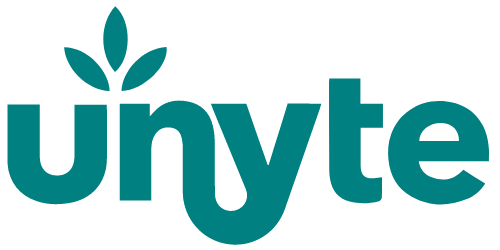Your First Visit
If you have never been to counseling before, we understand that it takes a lot of courage to make the first phone call and then show up for your first appointment. Even if you have been to counseling before, it’s still not easy to open up to a new person and talk about the things that matter most or are troubling you.
Effective therapy is a collaborative effort between you and your therapist. Since counseling is an investment of your time, energy and money, it makes sense to come prepared, not only for your first session, but throughout your time in therapy. So, here are some helpful hints to prepare for your first visit.
Be open and honest
Remember that counseling is confidential and you can take as much time as you need to build trust and get to know your therapist. Sometimes it’s difficult or embarrassing to talk about things you have experienced. Our therapists are trained and equipped to hold space for you and your story with a non-judgmental approach.
Be prepared
You may want to reflect on the events that led up to your decision to call for an appointment. Consider what goals you want to accomplish. Or ask yourself, “If this situation improved or problem resolved, how would I know? what would be different/better?” An effective therapist is client centered and doesn’t give “advice” or give solutions to problems, but helps guide clients to where they want to go. Remember, therapy is a process, not a quick fix.
Be active
The more you understand the process of therapy, the more comfortable you will be. If you don’t understand something or you have unmet expectations from counseling, talk about those concerns with your therapist. Don’t be afraid to ask questions and express your feelings.
What to expect during your first counseling session:
Your therapist will briefly review the paperwork and answer any questions
Your therapist will get to know you by asking questions like what brought you into therapy, what symptoms of distress you are experiencing, what are the strengths and resources you possess to assist you in reaching your goals. They will also ask about family history and personal background information to help them understand the broader context of your current concerns.
Your therapist may ask you what your goals are for therapy, what you would like to see different in your life or the Miracle question: If you woke up tomorrow morning and found that a miracle had occurred, resolving the problems that brought you into counseling, how would you know this miracle had happened?




